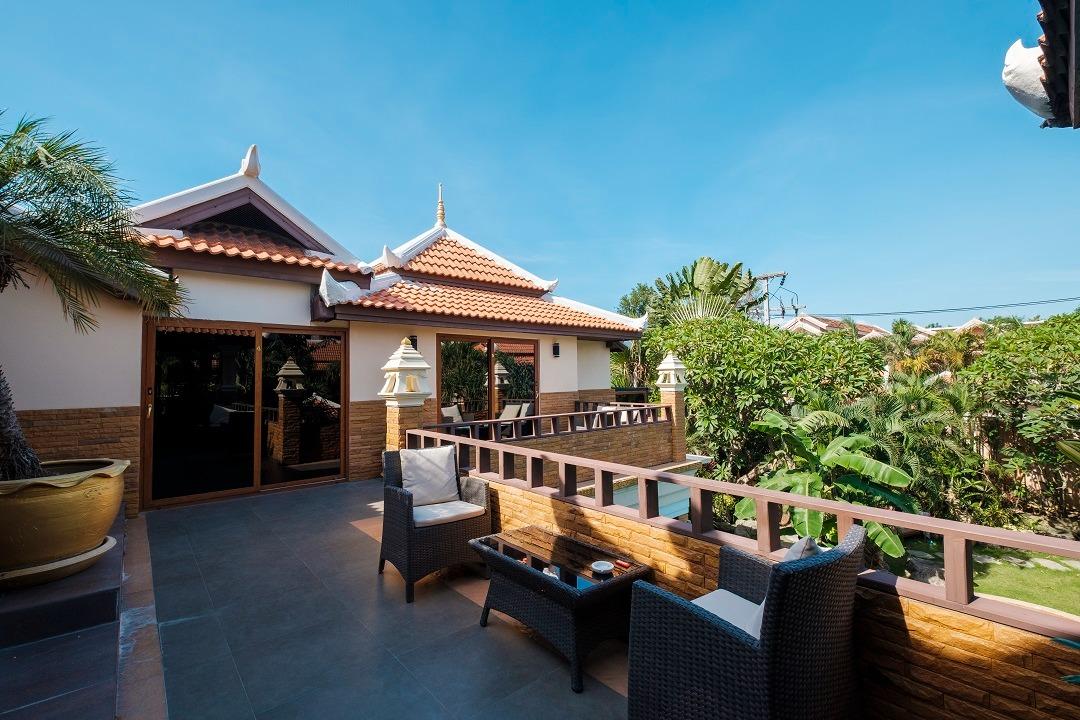
How to Start a Guest House Business in South Africa
Initiating a guest house business in South Africa is an advantageous prospect, particularly in a region popular among tourists. Guest houses offer a welcoming environment for travelers, delivering comfortable and reasonably priced accommodation options. Nonetheless, establishing a guest house business can be challenging, primarily for those lacking experience in the hospitality industry. In this article, we present a detailed guide on initiating a guest house business in South Africa.

Conduct market research
Before you start a guest house business, it's essential to conduct market research to identify if there's a demand for accommodation in the area you're targeting. You can do this by checking online booking platforms, such as Booking.com, Airbnb, and Expedia, to see the occupancy rate of existing guest houses in the area. You can also visit the local tourism office to gather information about the tourist attractions and events that take place in the area.
Create a business plan
Once you've conducted market research, the next step is to create a business plan. A business plan is a roadmap that outlines your business objectives, strategies, and financial projections. Your business plan should include the following:
- Executive summary: This section provides a brief overview of your business idea, target market, and financial projections.
- Market analysis: This section summarizes the results of your market research and identifies your target market.
- Marketing strategy: This section outlines your marketing plan, including how you'll promote your guest house to attract customers.
- Operations plan: This section details the day-to-day operations of your guest house, including staff management, guest services, and housekeeping.
- Financial projections: This section outlines your expected revenue, expenses, and profit margin.
Register your business
To start a guest house business in South Africa, you'll need to register your business with the Companies and Intellectual Property Commission (CIPC). You can register your business online through the CIPC website or use a third-party service provider.
Obtain necessary licenses and permits
To operate a guest house in South Africa, you'll need to obtain several licenses and permits, including:
- Health and safety certificate: You'll need to obtain a health and safety certificate from the local health department to ensure that your guest house meets the required health and safety standards.
- Liquor license: If you plan to serve alcohol on your premises, you'll need to obtain a liquor license from the South African Liquor Board.
- Zoning certificate: You'll need to obtain a zoning certificate from the local municipality to ensure that your guest house is located in a designated tourist zone.
Secure funding
Starting a guest house business can be expensive, and you'll need to secure funding to cover your startup costs. You can approach banks and other financial institutions for a loan or consider alternative funding options, such as crowdfunding or angel investors.

Set up your guest house
Once you've secured funding and obtained the necessary licenses and permits, the next step is to set up your guest house. This includes:
- Choosing a location: Select a location that's easily accessible and close to tourist attractions.
- Furnishing your guest house: Invest in quality furniture, bedding, and amenities to provide your guests with a comfortable stay.
- Hiring staff: Hire a team of staff to manage your guest house, including receptionists, housekeepers, and maintenance personnel.

Market your guest house
To attract customers to your guest house, you'll need to market your business effectively. You can use online platforms such as Airbnb, Booking.com, and Expedia to list your guest house and attract customers. You can also create a website and social media profiles to promote your business and engage with potential customers.
Marketing a guest house is essential to attract potential customers and increase occupancy rates. Here are some effective ways to market a guest house:
- Utilize online platforms: In today's digital age, it's crucial to list your guest house on popular online platforms such as Airbnb, Booking.com, and Expedia. These platforms offer a significant reach to potential customers and provide a convenient booking process.
- Create a website: Developing a website for your guest house is another effective marketing strategy. The website should include relevant information such as the room types available, pricing, location, and nearby tourist attractions.
- Social media marketing: Creating social media profiles for your guest house can help increase brand awareness and engagement with potential customers. Utilize platforms such as Facebook, Instagram, and Twitter to showcase your guest house and promote special deals and packages.
- Offer promotions and discounts: Offering promotions and discounts to customers is an excellent way to attract bookings and increase occupancy rates. For example, offering a discount for a minimum stay of two or more nights or creating special packages for seasonal events such as Valentine's Day or Christmas.
- Collaborate with local tourism boards: Partnering with local tourism boards and organizations can help increase your guest house's visibility. Participating in local events and promoting your guest house as a recommended place to stay can attract potential customers.
- Guest reviews and referrals: Encouraging guests to leave reviews on online platforms can help attract new customers. Additionally, offering referral incentives to existing customers who refer friends and family to your guest house can also be an effective marketing strategy.
In conclusion, starting a guest house business in South Africa requires careful planning, research, and preparation. By following the steps outlined
How to Start a Guest House Business in South Africa
https://www.mzansimagazine.co.za/start-a-guest-house-business/?feed_id=5017&_unique_id=64201ed590ff0 #Entertainment #International



0 Comments